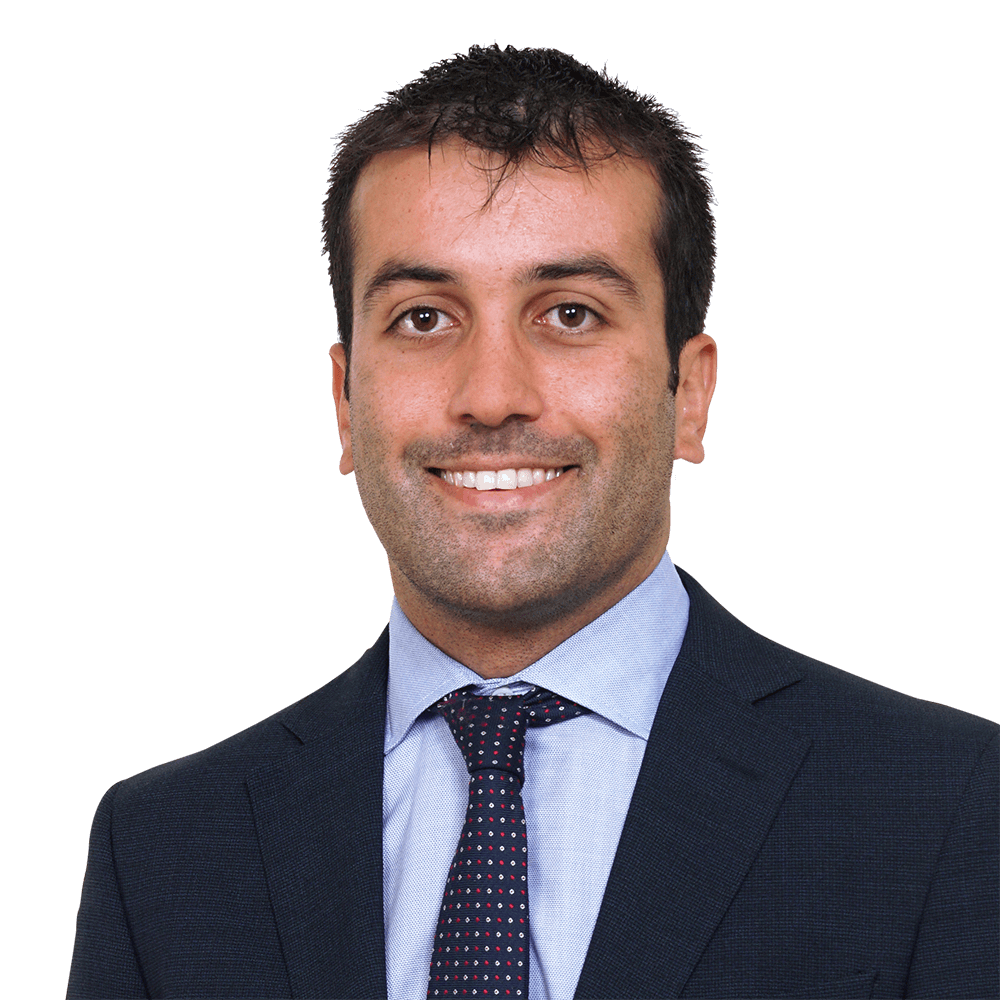The evolution of the Spanish audiovisual and advertising market: who will be considered an influencer?
Published on 25th January 2024
Influencers have 2 million-plus followers, earn more than €500,000 and publish at least 24 videos each year

The impact of influencers or content creators in the field of advertising is an undeniable phenomenon of contemporary society in which Spain leads the way in Europe. With over 1.56 million active influencers in 2022 on social media platforms, Spain accounts for 15% of Europe's social media influencers landscape. This exponential growth is not only reflected in the substantial number of influencers in our country but also in the aspiration of youngsters, with one out of three children wanting to become an influencer, according to 2022 data from the Centro Reina Sofía sobre Adolescencia y Juventud.
On 9 July 2022, Law 13/2022 on Audiovisual Communication Services came into force, which introduced for the first time the figure of "user of special relevance with video-sharing platform activity" (more commonly known as influencers), imposing a series of obligations on them comparable to those of audiovisual communication service providers, such as journalists, advertisers or filmmakers, among others. The comparison between these two figures responds to the need to ensure respect for the basic principles of audiovisual communication, as well as to protect the audience in general, especially minors, from exposure to harmful content.
Users of special relevance
In order to be considered a "user of special relevance" and, consequently, be subject to the obligations imposed by the Law 13/2022, a series of requirements have been established, including the generation of significant income and the provision of services to a considerable portion of the general public.
The regulation itself provides that these concepts must be developed by regulation and, to this end, on 9 December 2023 the Ministry of Economic Affairs and Digital Transformation published a draft royal decree that further develops these conditions, marking an important milestone in the regulation of this growing industry.
Significant income
The draft establishes that significant income is considered to be gross income accruing in the previous financial year equal to or greater than €500,000. Furthermore, it specifies which revenues are computable for these purposes; these include, among others, ads accompanying audiovisual communications, audience subscriptions or platform payments. However, it excludes those not related to their video-sharing platform activity. In this respect, revenues accruing from a TV advertising campaign, from being on the cover of a magazine or similar are explicitly excluded.
Significant audience
It also establishes that an audience is considered significant if the service has an average number of followers equal to or greater than 2 million during the previous financial year on any of the video-sharing platform services on which the user operates its activity. The service also needs to have provided at least 24 videos during the previous financial year, irrespective of the length of the video.
However, to ensure that these amounts are adjusted to the changing reality of the market, the draft provides that the head of the Ministry of Digital Transformation may update these thresholds by ministerial order.
Obligations for influencers
Influencers who meet the criteria to be considered "users of special relevance" in accordance with Law 13/2022 will be subject to certain obligations of audiovisual communications service providers, including that they:
- Register in the Spanish National Registry of Audiovisual Communication Service Providers.
- Comply with the fundamental principles of audiovisual communication consisting of respect for human dignity, pluralism and gender equality, among others.
- Do not encourage violence, hatred, discrimination or the commission of a terrorist offence through audiovisual content.
- Adopt the necessary measures for the protection of minors in relation to content that may harm their physical, mental or moral development, such as providing information on the nature of the content (for example, through visual symbols or acoustic warnings) or providing parental control mechanisms, among others.
- Respect the rules and prohibitions on the broadcasting of audiovisual commercial communications in the content they make available to the public in order to avoid covert or subliminal advertising with product placement, among others.
Penalties for non-compliance with these obligations can reach up to €1.5 million for the most serious infringements.
International regulatory framework
The exponential growth of social media and the influence that content creators exert on society have prompted a transformation in the regulatory framework that govern their actions globally.
On the other side of the Atlantic, the US has focused on transparency and disclosure of commercial relationships and, in this regard, the Federal Trade Commission has issued guidelines that impose on influencers the obligation to clearly disclose any compensation or commercial links when promoting third party products or services.
In the UK, the Advertising Standards Authority conducts regular reviews to ensure that influencers unambiguously state in their posts that they are advertising. It also maintains a public list of the names of those who do not comply with these obligations.
In June 2023, France passed influencer legislation aimed at regulating this activity. This legislation prohibits, among other things, the advertising of sweepstakes, betting and gambling by influencers on platforms that do not have mechanisms in place to prevent exposure to minors.
In Italy, the Autorità per le Garanzie nelle Comunicazioni has approved several rules this January aimed at improving the transparency of social media posts by content creators with a significant online audience. The decision comes after Italy's antitrust agency fined influencer Chiara Ferragni, with almost 30 million followers on Instagram, more than €1 million for lack of clarity on a Christmas charity initiative.
Osborne Clarke comment
Despite the effort to implement measures to guarantee transparency and integrity in the practices of influencers, the reality is that, with the thresholds established in this draft royal decree, the number of influencers that comply with these specific requirements in Spain is limited.
Evidence of this is that Spain's Commercial Television Broadcasting Union has proposed in the public consultation process of this regulation to reduce these thresholds and that all users with at least 100,000 followers on all platforms and with a minimum annual turnover of €100,000, whether in cash or in kind, should be considered as users of special relevance.
In any case, this regulation, whose public hearing process ended on 20 December 2023, is still in the process of being drafted, so we will have to wait for the final version of the text to find out what the thresholds applicable to consider influencers as users of special relevance will be.






